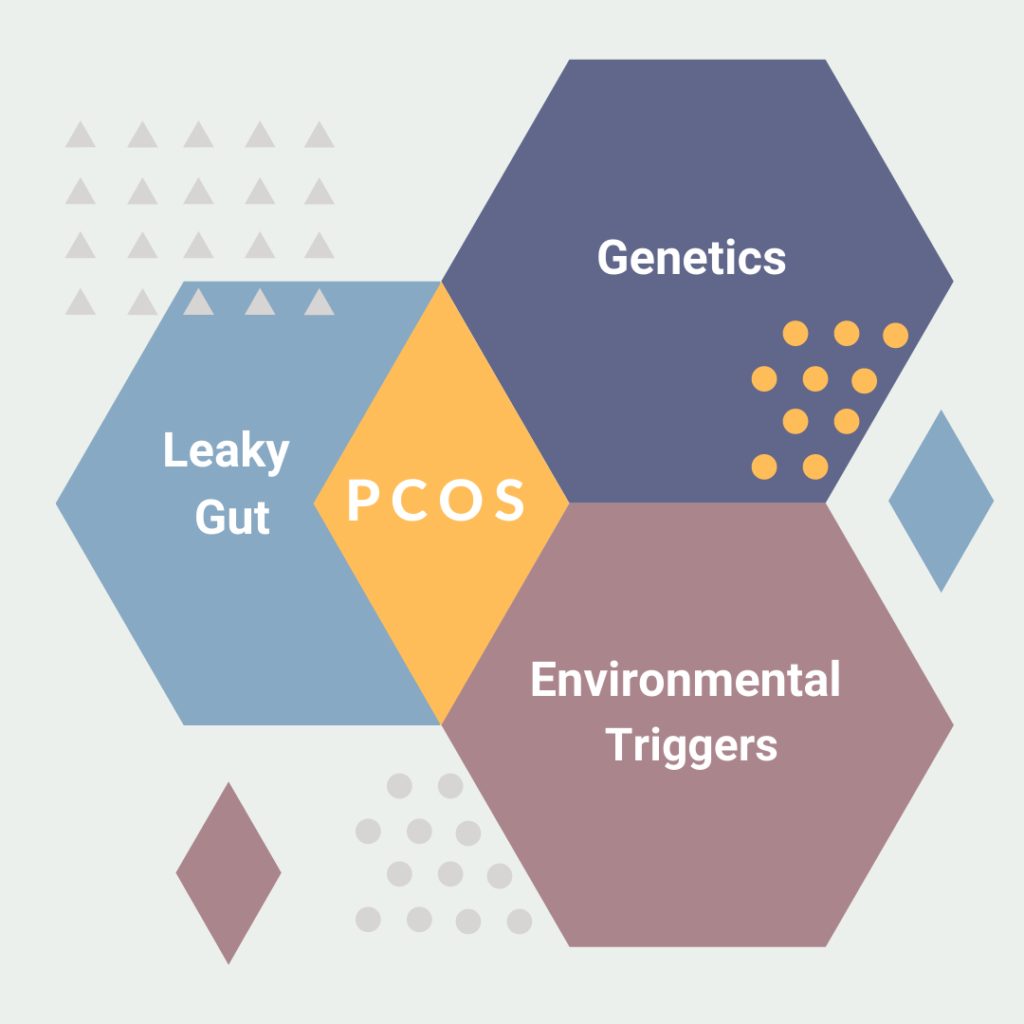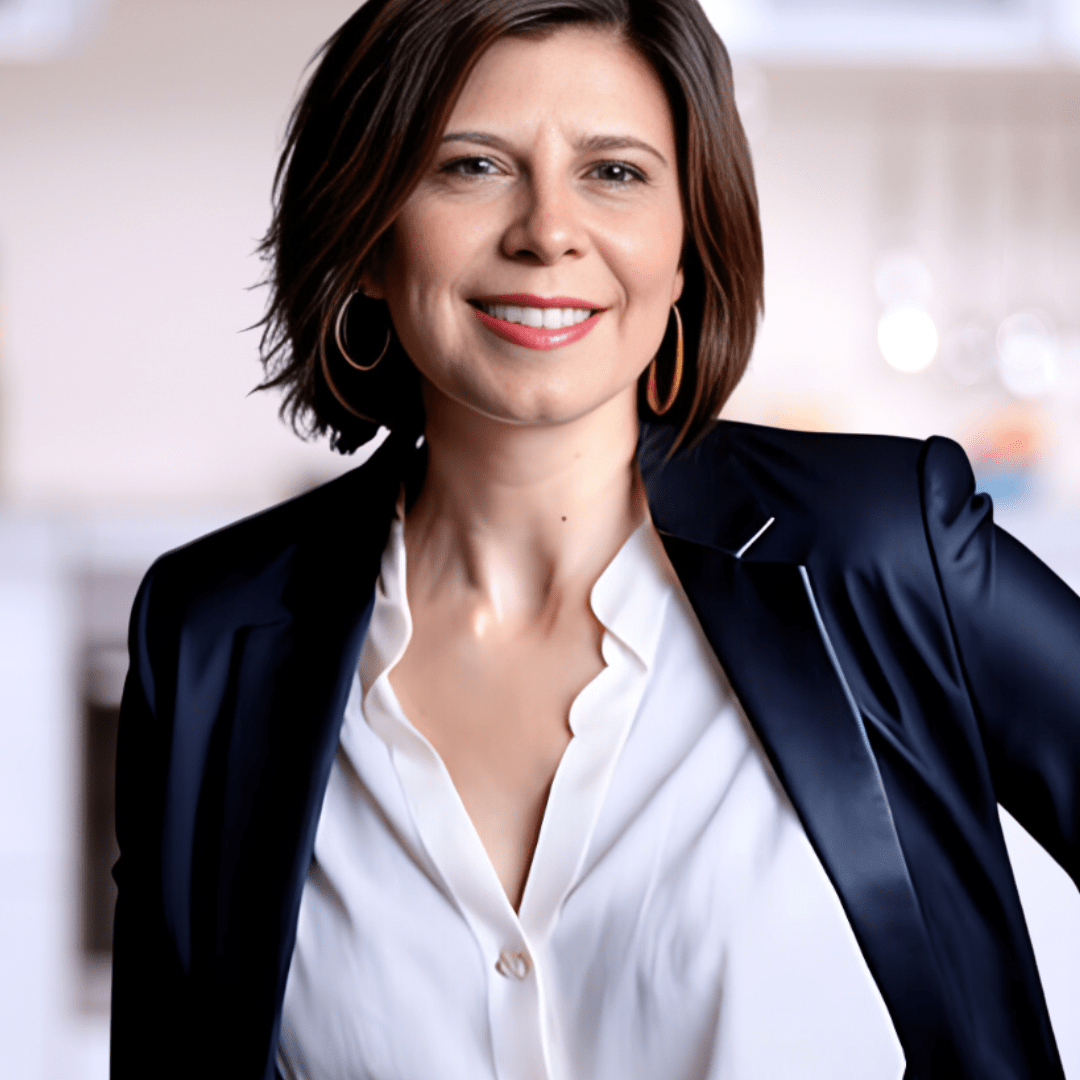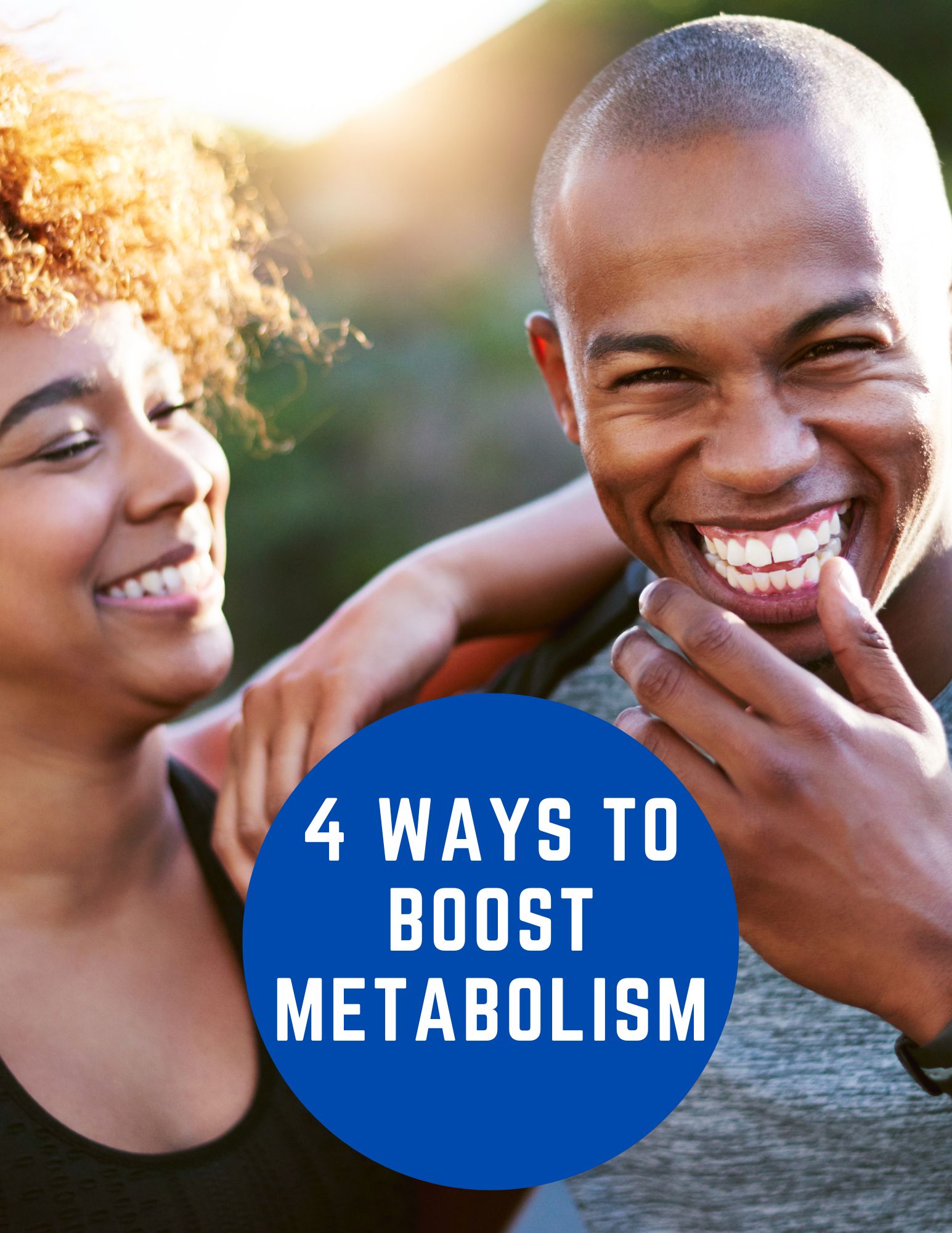What is PCOS?
PCOS (polycystic ovarian syndrome) is one of the leading causes of female infertility. It is also a common problem among women, ranging from 10 to 25% of the female population diagnosed with it.
Symptoms of PCOS include:
- Acne
- Irregular Cycles
- PMS/mood issues
- Hair on the chin or belly
- Infertility
- Miscarriage
- Borderline Diabetes
- Hair loss/male pattern hair loss
- Cysts on the ovaries
PCOS is confusing because the diagnosis does not require cysts to be seen on the ovaries. There is no specific PCOS test, but it is diagnosed by excluding other diseases and then meeting two criteria:
- Irregular cycles (less than 21 days or greater than 35 days)
- Evidence of excess androgens (blood work or physical signs of hirsutism)
Check out this blog post for more information on how a PCOS diagnosis is made.
What causes PCOS?
The answer is no one knows. But there are a lot of theories as to why someone gets PCOS.
Here are some of them:

Genetics, Environmental Toxins, and Lifestyle habits such as poor diet are at the root of PCOS.
Genetics:
Researchers have not identified a gene for PCOS. But we know that many women with PCOS have diabetes in their families. As well as other women with PCOS. About 40% of women with PCOS have a sister also with the disorder, which makes it likely that a woman is predisposed to the disorder, but something else turns that gene on.
Insulin Resistance:
High blood sugar often leads to insulin being unable to open and shut the door with the key because it is told to open the door repeatedly and becomes “resistant” to the signal.
The pancreas then releases more insulin to open the door (hyperinsulinemia). Causing more resistance to open the door, and a vicious cycle occurs. Excess insulin and blood glucose will wreak havoc on various body organs, ultimately leading to Diabetes. When someone is diabetic, the pancreas makes little or no insulin because it can’t do it anymore. Medications are then used to lower the glucose in the blood to allow the cells to use it.
And the excess insulin causes androgens to be produced. Excess androgens (male hormones) lead to hair loss, acne, weight gain, and infertility. The high male hormones inhibit ovulation leading to infertility.
Inflammation:
Inflammation is caused by environmental factors such as endocrine-disrupting chemicals, poor diet, and lifestyle factors. Excessive inflammation causes oxidative stress, and the body can not repair itself like it should, leading to the gut, mood, and chronic diseases.
How do I treat it without the pill?
Unfortunately, most healthcare providers offer the pill only. I prescribe the pill for women who want to use it, no problem. The issue in my mind is it masks the symptoms, and people feel better but never treats the underlying cause. Eventually, it will need to be addressed. But if you do not want to be on a pill, that is ok.
Natural treatment of PCOS starts with treating the root cause of PCOS: inflammation and insulin resistance.
Treatment of PCOS includes nutrition, lifestyle, and supplementation.



